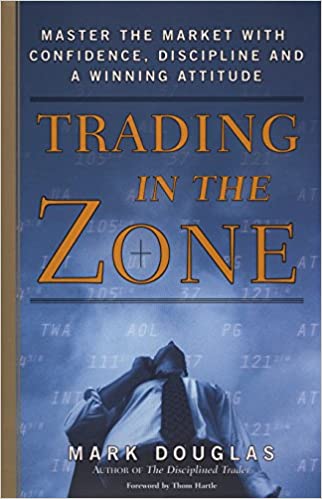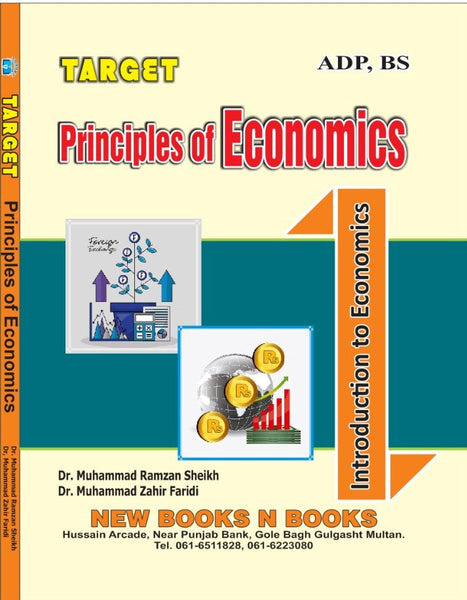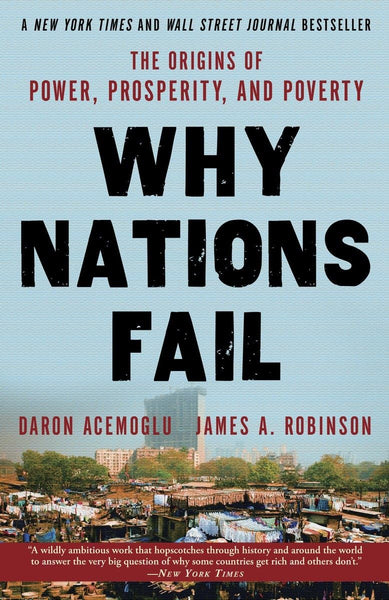The Sanctions Paradox: Economic Statecraft and International Relations by Daniel W. Drezner (Author)
- Publisher: POLITICAL SCIENCE
- Availability: In Stock
- SKU: 57192
- Number of Pages: 364
- Publication Date: 1999-09-13
Rs.770.00
Rs.1,090.00
Tags: affordable prices , best books , best books online , best online store , Best Price , best prices , Best Selling Books , best shop , Book shopping , bookshop , bookshop Multan , bookshop near me , bookshop online , bookshop online Multan , bookshopPakistan , buy online books , coercive diplomacy , coercive measures in diplomacy , Daniel W. Drezner sanctions , digital shopping , diplomatic sanctions , economic coercion , economic impact of sanctions , economic instruments in statecraft , economic leverage , economic pressure , economic pressure in diplomacy , economic pressure tactics , economic sanctions , economic sanctions in foreign policy , economic statecraft , economic statecraft analysis , economic statecraft in foreign policy , economic statecraft theory , economic tools in foreign policy , effectiveness of sanctions , financial sanctions , financial sanctions in international relations , foreign policy sanctions , global governance and sanctions , global politics and economic statecraft , global politics and sanctions , global sanctions impact , global sanctions regimes , global sanctions strategy , good books , good books online , good booksonline , impact of sanctions on nations , international conflict resolution , international economic leverage , international law and sanctions , international political economy , international sanctions theory , international security and sanctions , Internet Shop , Largest Online Bookstore in Pakistan , multilateral economic measures , multilateral sanctions , one stop shop , online , ONLINE BOOKS , Online Books Shop , online books store , Online Bookshop , Online Bookshop Pakistan , online bookstore , online shop , online shopping , Online Shopping Pakistan , onlinebooks , OnlineShoppingPakistan , Pakistan Bookshop , PakistanBookshop , PakistanOnlineShopping , political economy , political influence through sanctions , political sanctions , political strategies of sanctions , price cut , price-friendly Comprehensive , ReasonablePrice , reduced price , sanction regimes , sanctioning states , sanctions and diplomacy , sanctions and global stability , sanctions and human rights , sanctions and international diplomacy , sanctions and international trade , sanctions and political change , sanctions and regime change , sanctions and the global economy. , sanctions as a diplomatic tool , sanctions as economic warfare , sanctions as foreign policy , sanctions effectiveness , sanctions effectiveness and theory , sanctions enforcement , sanctions impact on international relations , sanctions in geopolitical strategy , sanctions in global politics , sanctions in international relations , sanctions in modern diplomacy , sanctions in the UN , sanctions on authoritarian regimes , sanctions on rogue states , sanctions paradox , sanctions policy , sanctions theory in international relations , secure shopping , security policy and sanctions , Shopping , ShopSmartPakistan , state control through sanctions , statecraft and international sanctions , statecraft through sanctions , strategic sanctions use , targeted sanctions , trade sanctions , trade wars and sanctions , Virtual Shop
The Sanctions Paradox: Economic Statecraft and International Relations by Daniel W. Drezner offers an in-depth exploration of the complexities and contradictions inherent in the use of economic sanctions as a tool of foreign policy. Drezner delves into the paradox of sanctions, examining why they are often employed despite their mixed record of success. While sanctions are intended to exert pressure on target states, they frequently fail to achieve the desired political outcomes or even backfire, causing unintended consequences. Through a combination of theoretical analysis and empirical case studies, Drezner provides insights into the factors that determine whether sanctions are effective, why some countries are more vulnerable to them than others, and the broader implications for international relations. The book assesses the limitations and potential of sanctions, while offering an understanding of how they fit into the broader spectrum of economic statecraft.
Key Points:
-
The Paradox of Sanctions
Drezner explains the central paradox: while sanctions are often used to coerce, punish, or influence the behavior of other states, their effectiveness is inconsistent, and they sometimes fail to achieve the intended political results. -
Effectiveness of Sanctions
The book evaluates the conditions under which sanctions are most likely to be successful, examining factors such as the target state’s political system, economic resilience, and the support of international allies. -
Unintended Consequences
Drezner highlights how sanctions can lead to unintended outcomes, including economic hardship for civilians, increased domestic support for authoritarian regimes, or unintended diplomatic fallout that harms the sanctioning country. -
Types of Sanctions
A key part of the book is the categorization and analysis of various types of sanctions—comprehensive, targeted, military, and financial—and their impact on both the target country and the international system. -
Sanctions and International Norms
The book discusses how sanctions are shaped by international norms and legal frameworks, and how they are used to signal disapproval of states’ behaviors without resorting to military force. -
Sanctions as Political Tools
Drezner explores the political motivations behind sanctions, including their use for domestic political purposes, as symbols of moral stance, or as a means of appeasing domestic interest groups without pursuing more direct actions. -
Sanctions and Multilateral Cooperation
The book examines how multilateral sanctions, imposed by international organizations or coalitions of states, often face significant challenges in terms of coordination and enforcement, and how this impacts their effectiveness. -
Case Studies of Sanctioned States
Drezner provides detailed case studies of countries that have been subject to sanctions, including Iran, Iraq, and North Korea, illustrating how the context of each case affects the outcomes of sanctions. -
The Role of Sanctions in Global Power Dynamics
The book explores the role of sanctions in shaping global power dynamics, particularly in terms of how countries like the U.S. and European Union use sanctions as a tool to assert influence over rival states. -
Alternatives to Sanctions
Drezner discusses alternative strategies to economic sanctions, such as diplomacy, incentives, or military interventions, and how they compare to sanctions in terms of achieving foreign policy goals.
Conclusion:
The Sanctions Paradox: Economic Statecraft and International Relations offers a critical and comprehensive examination of the use of economic sanctions in global diplomacy. By dissecting the paradox that sanctions often fail to produce their desired effects, Daniel W. Drezner provides readers with a nuanced understanding of their limitations and effectiveness. This book is essential for anyone interested in international relations, foreign policy, and the complexities of using economic tools for statecraft, highlighting both the potential and the pitfalls of sanctions as a mechanism for achieving political change.
════ ⋆★⋆ ═══
Writer ✤ Daniel W. Drezner (Author)

























